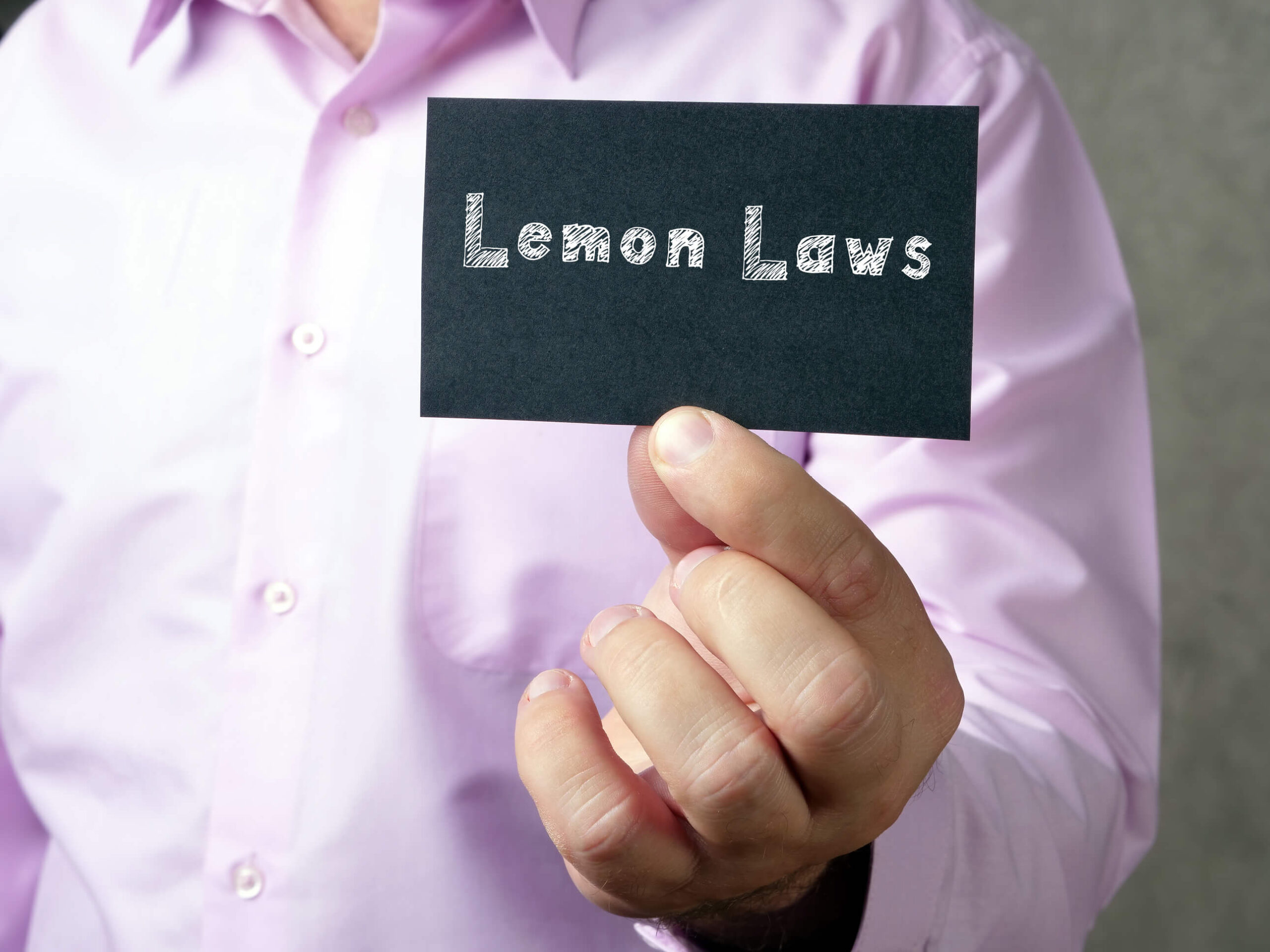Are you exhausted after multiple trips to the repair shop? Lemon laws may seem like your highway to relief, but you may encounter some roadblocks.
These regulations are not a one-size-fits-all solution. Some exceptions and conditions can steer you away from the ideal path.
It is only fair that you get the quality you expected when you used your hard-earned money to buy a vehicle. This article will help you avoid legal potholes and secure your rights effectively. Continue reading to plan your route to a successful resolution.
A Brief Recap of Lemon Laws
These regulations exist as a safeguard for consumers who get stuck with a faulty vehicle. Generally, lemon laws require a refund or replacement under certain circumstances. For example, the car may have defects that ruin its functionality, safety, or value.
But how does a car earn the unflattering title of a lemon? There will be several trips to the repair shop for the same issue. Furthermore, the automobile must be below a mileage threshold or within the warranty period. Identifying the details for your state is the first step to using the law in your favor.
Types of Vehicles Not Covered
It might be a shock to learn that lemon laws do not apply to every type of vehicle. For example, used cars fall outside the scope of these protections in most jurisdictions. The same principle may apply to motorcycles, boats, and RVs. Some states even exclude leased cars from eligibility. Examining the specifics will help you set realistic expectations when you encounter problems.
Why the exclusions? The rationale often centers around the condition and use of these vehicles. Used cars, for example, may have a history of wear and tear. As a result, it is complicated to identify a potential defect. Motorcycles, boats, and RVs are specialized vehicles. Therefore, they are subject to different regulations and standards.
Time Constraints
Time is critical to leveraging lemon laws for your benefit. These laws operate within a tight statute of limitations. This period can range from 12 to 24 months after purchasing the vehicle. Accordingly, if you fail to report an issue within this time, you may lose eligibility to claim legal protections.
Don’t let the clock run out on your rights. The countdown doesn’t reset when your automobile has been in and out of the repair shop.
Prior Abuse or Neglect
Your responsibility as an owner is another factor that influences eligibility. Abusing or neglecting the vehicle can lead to a lack of consumer protection. For instance, imagine that you fail to adhere to regular maintenance schedules. Missing oil changes or brake inspections can mean the law will not rescue you.
But what qualifies as abuse or neglect? Following the company guidelines is essential to keeping your rights intact. There is more to the topic than skipping regular appointments. It can include modifications to the vehicle. The manufacturer is not responsible for problems after overloading a truck or taking a sedan off-roading.
Unauthorized Repairs and Modifications
Taking your car to a local mechanic for a quick fix can be a mistake. Unauthorized repairs or modifications can void your warranty and legal protections. Most jurisdictions stipulate that authorized dealerships or service centers should work on the problem. The purpose is to ensure the integrity of the process and rule out any external factors that may have contributed.
What kinds of alterations could jeopardize your claim? Installing aftermarket parts or customizing electronics are examples that can disqualify you. Generally, avoid anything the manufacturer can say affects the product’s quality. Stick to authorized dealers and avoid significant changes to stay on solid ground.
Geography Matters
Location has a more significant role in these matters than you might think. Lemon laws are not universal and are set at the state level. Consequently, the same protections may not apply if you move from one place to another. These circumstances can cause unfortunate confusion for consumers.
There are federal guidelines that protect you, but they are less robust than state-level laws. A more nuanced understanding of your situation depends on the regulations where you purchased the vehicle.
A Look at Alternative Protections
Do not lose heart if lemon laws do not apply. There are other avenues of protection available to you. Warranties can act as a safety net that covers repair costs for defects or malfunctions. Additionally, some manufacturers have buy-back programs where you can get a new car or a full refund.
You can also explore alternative dispute resolution to get rid of your lemon. Several automakers offer arbitration programs to expedite the complaint process. They establish them to deliver a decision without the need for litigation. The outcomes are binding and less formal than going through the court system. Therefore, legal advice can be critical to avoid a bad deal.
Hire a Lemon Law Attorney Today!
You can empower yourself with the details in this guide. However, lemon law is a complex landscape of consumer rights and regulations. Consulting an attorney can help ensure you have explored the nuances and made the optimal choice.
We can refer you to a local lemon law lawyer who can help. Call (866) 345-6784 or complete our online form today!

